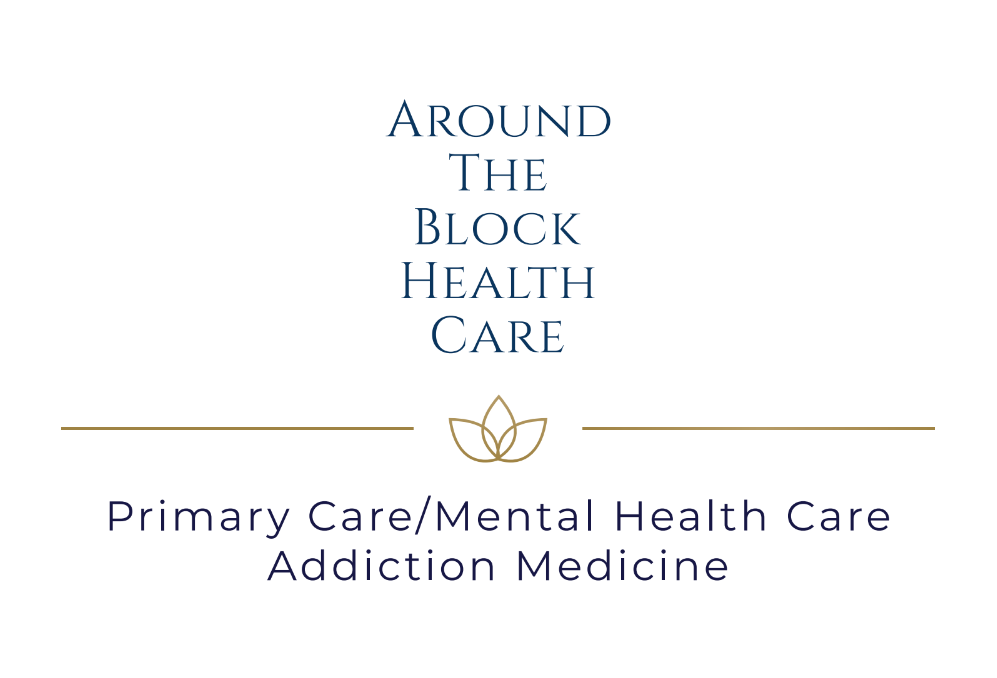
Trauma can leave deep emotional scars that hinder personal growth and well-being. Fortunately, EMDR (Eye Movement Desensitization and Reprocessing) therapy offers a powerful approach to healing these wounds, allowing individuals to reshape their trauma recovery narratives. By processing distressing memories in a structured way, EMDR facilitates profound emotional healing and empowers individuals to reclaim their lives. In this blog post, we will explore the transformative power of EMDR in trauma recovery and how it can lead to lasting change.
As we dive deeper into this topic, we will unlock the benefits of EMDR and discuss how it nurtures emotional well-being and fosters resilience. Embracing this journey can provide individuals not only with relief from past traumas but also with tools for future challenges. Join us as we explore the mechanisms behind EMDR therapy and its remarkable effectiveness in helping individuals move forward on the path to healing and self-discovery.
Discover how EMDR therapy reshapes trauma recovery
Eye Movement Desensitization and Reprocessing (EMDR) therapy plays a pivotal role in reshaping trauma recovery by offering a unique approach that promotes healing after distressing events. Unlike traditional talk therapies, EMDR combines elements of cognitive behavioral therapy with bilateral stimulation—typically through guided eye movements. This process allows individuals to process traumatic memories in a safe environment, enabling them to reframe their thoughts and emotions associated with those experiences. By doing so, EMDR helps clients break free from the cycles of anxiety, fear, and distress, empowering them to reclaim their lives and move toward a brighter future.
As clients engage in EMDR therapy, they often discover a newfound sense of agency and control over their emotional responses. The structured phases of EMDR enable individuals to confront their traumas while simultaneously feeling supported and understood. This balance between facing difficult memories and fostering a sense of safety allows clients to transition from a state of helplessness to one of resilience. As they reshape their narratives and process their experiences, they unlock the door to profound personal growth and healing. EMDR therapy not only alters the individual’s relationship with their trauma but also paves the way for transformative changes in their overall emotional well-being.
Unlock the transformative effects of EMDR on emotional healing
EMDR therapy, or Eye Movement Desensitization and Reprocessing, significantly alters how individuals process traumatic memories, leading to profound emotional healing. By utilizing bilateral stimulation, such as guided eye movements, EMDR encourages patients to reprocess distressing memories that have hindered their emotional well-being. This unique approach helps break the negative patterns associated with trauma, allowing individuals to unlock a healthier emotional state. Through targeted sessions, clients experience a reduction in anxiety, depression, and other trauma-related symptoms, ultimately transforming their relationship with the past.
The transformative effects of EMDR extend beyond mere symptom relief. Clients often report a renewed sense of self and an enriched ability to engage with their surroundings and relationships. As they integrate the lessons learned during therapy, they experience increased resilience and confidence in managing life's challenges. The process fosters emotional healing by enabling clients to confront and reframe their traumatic narratives, promoting a more balanced and empowered perspective on their experiences. EMDR invites individuals to embrace their journey toward recovery, paving the way for lasting change and a brighter future.
Embrace the journey: Exploring the benefits of EMDR for lasting change
EMDR therapy invites individuals on a profound journey toward healing. As clients engage with this unique therapeutic approach, they often find themselves confronting memories and emotions that have long been suppressed. The structured protocols EMDR offers enable participants to reprocess traumatic experiences in a safe environment, which fosters a sense of empowerment. Through this process, many report a remarkable reduction in the intensity of negative feelings associated with their past, allowing them to embrace new perspectives and begin writing the next chapter of their lives.
The benefits of EMDR extend far beyond the therapy session itself. Clients frequently notice improvements in their daily functioning, relationships, and overall mental well-being. By harnessing the transformative power of EMDR in trauma recovery, individuals experience lasting change that shifts how they perceive themselves and their world. This therapeutic journey not only encourages emotional healing but also cultivates resilience and strength, paving the way for a brighter, more fulfilling future.
 Around the Block Healthcare
Around the Block Healthcare

© 2025 Around the Block Healthcare. All rights reserved. | Built with ❤️ in Colorado
Stay updated on our news and events! Sign up to receive our newsletter.
Thank you for signing up!
Something went wrong. Please try again later.